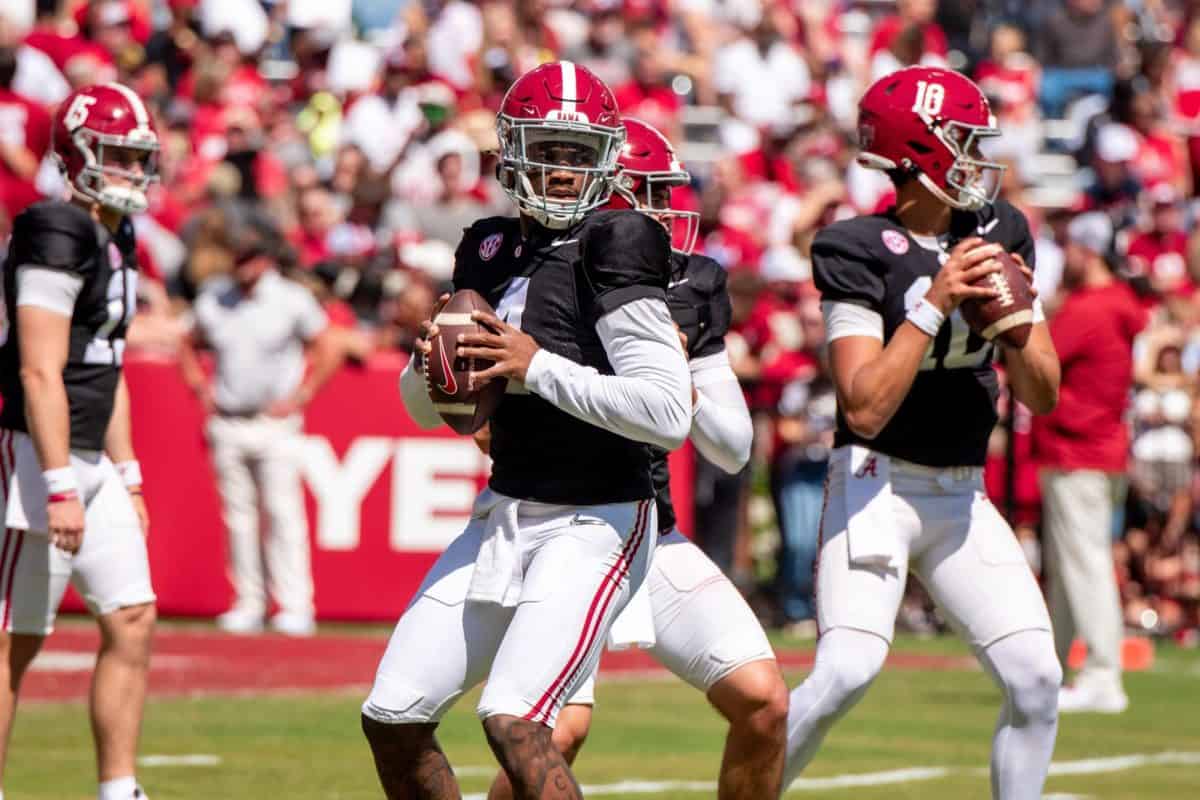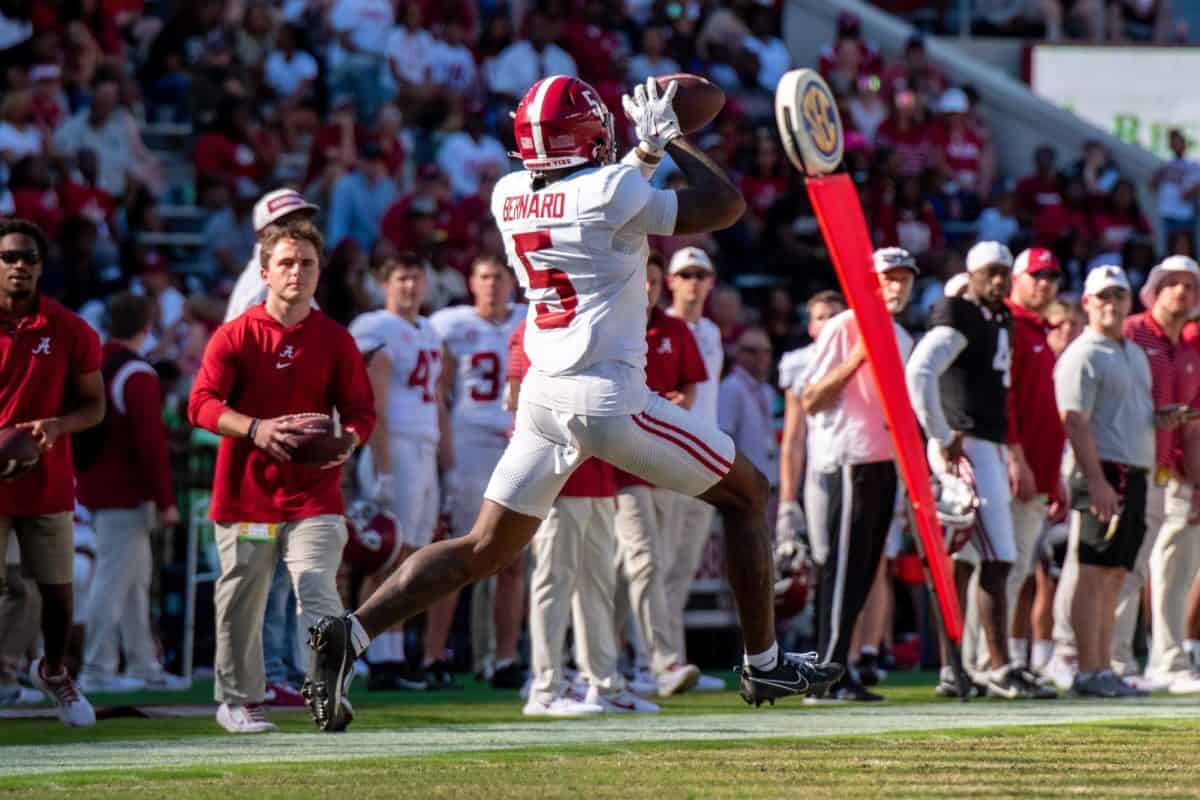A couple of weeks ago, I saw a “Real Sports with Bryant Gumbel” piece on concussions in college football and former college football players who had suffered traumatic brain complications from playing their sport. Even before I saw this special, I had come to the conclusion that America should pay just as much attention to mental health as to physical health.
It seems as if we always want to focus on losing weight, gaining muscle mass, toning up and things of the sort, but do just as many people care if they lose their sanity or mental clarity in the process?
In the wake of the recent Jovan Belcher murder-suicide, the study of mental health among athletes has increased, and there seems to be renewed interest about the effects of sports on the brain. Findings from a study at Boston University’s School of Medicine were recently released.
The brains of 50 deceased former football players – 33 of them coming from the NFL – were tested for signs of brain disease due to repeated brain injuries. A link was found between head injuries suffered playing football and degenerative brain disease. Only one of the brains from professional football players showed no signs of brain disease.
Football and sports are not the only areas where mental health should be taken into heavy consideration. We all know the effects that many army veterans have sustained while serving the country and the horror stories where post-traumatic stress syndrome has be a factor.
A story on army.mil stated, “A National Institute for Mental Health study concluded that 26 percent of adults in the United States ‘suffer from a diagnosable mental disorder in a given year.’ Despite that, seeking help still has a stigma associated with it.”
Football great Herschel Walker was also included in that story. While his diagnosis of dissociative identity disorder was not caused by playing football, he stressed the importance of recognizing the problem and getting help. Hopefully, testimonies such as these will encourage more people to get checked out and understand there is help.
Belcher is not the first NFL player to commit murder or suicide, but we can only hope he is the last. None of us know exactly what was going on with him, and there is a lot of speculation. We all can only hope and pray for the families and everyone involved, and that more attention will be paid to the mental health of athletes on all levels of play.
There is life outside of the stadium. As we move forward and as more reporters begin to tell stories about the mental effects of athletics, I believe it will force league commissioners, unions and coaches to improve safety conditions for athletes.
I hope a change comes. However, if I have a son, I probably still won’t let him play football.






